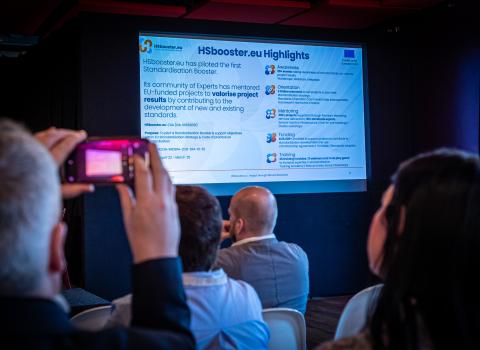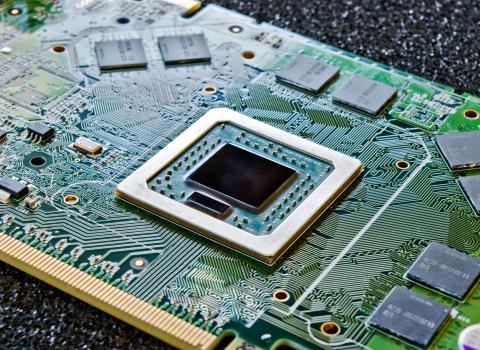Ministers meeting in Rome today will sign declarations to put the EU at the forefront of global high-performance computing, to carry out cross-border trials in connected driving and launch a European platform combining national initiatives to help European industry, digitise, adapt and innovate.
The Commission will also present a test project to support digital internships. “For over 60 years, European countries have worked together to capture the economic benefits of larger, better integrated markets, and made sure those benefits flowed to people,” said Andrus Ansip, Vice-President for the Digital Single Market. “The same has to apply to the digital environment. Centuries ago, all roads were said to lead to Rome, but tomorrow's digital highways will link every person, every object and every place.”
Highlights of the Digital Day include a ministerial declaration to establish Europe as a global player in high-performance computing (HPC, with a commitment to build the next generation of computing and data infrastructures – a European project of the dimension of Airbus in the 1990s and Galileo in the 2000s.
This infrastructure will also support the European Science Cloud which will offer Europe's 1.7 million researchers and 70 million science and technology professionals a virtual environment to store, share and re-use their data across disciplines and borders.
There will also be cooperation on connected and automated mobility with a number of European countries will sign a letter of intent to establish, together with the Commission, a legal framework for cross-border trials in connected driving, based on harmonised rules on data access, liability and connectivity.
This drives forward EU plans announced in the Commission's strategy to build a European Data Economy of January 2017 and in the EU strategy on cooperative, connected and automated mobility of November 2016. The letter of intent is the first initative led by Member States for cross-border cooperation in connected and automated mobility. The Commission will support these efforts with concrete steps that will facilitate cross-border corridors.
The proposed European platform on digitising industry will connect national initiatives. A year ago, the Commission presented a strategy to ensure that every business in Europe, from factories to startups, can fully benefit from digital innovation to upgrade its products, improve its processes and adapt its business models to the digital change.
Commissioner Günther Oettinger and Italian Minister for Economic Development Carlo Calenda will launch a European platform of 12 existing and 9 future national initiatives on digitising industry. This aims to generate joint investments, cooperation across borders and industry sectors. It will also help pool resources and co-investments to ensure European companies are at the cutting edge of clean technologies.
Over the next five years, Member States, the EU and industry are planning combined investments of more than €50 billion in support of digitising European industry.
A digital opportunities initiative will address the fact that despite high levels of youth unemployment, there are two million job vacancies in Europe. Today, most jobs require digital skills – 40 per cent of businesses, mostly small and medium-sized enterprises, need information and communication technology (ICT) specialists and find it difficult to recruit them.
The Commission plans to launch a pilot project to provide cross-border work experiences based on existing EU programmes and networks such as the Digital Skills and Jobs Coalition for up to 6,000 graduate students in 2018-2020. The aim is to test the interest of students and companies in paid 5-6 months internships that will be available for students of all disciplines.
Internships could take place in more specialised fields like cybersecurity, big data, quantum technology or artificial intelligence, as well as in more general areas like web design, digital marketing, and software development.





 A unique international forum for public research organisations and companies to connect their external engagement with strategic interests around their R&D system.
A unique international forum for public research organisations and companies to connect their external engagement with strategic interests around their R&D system.